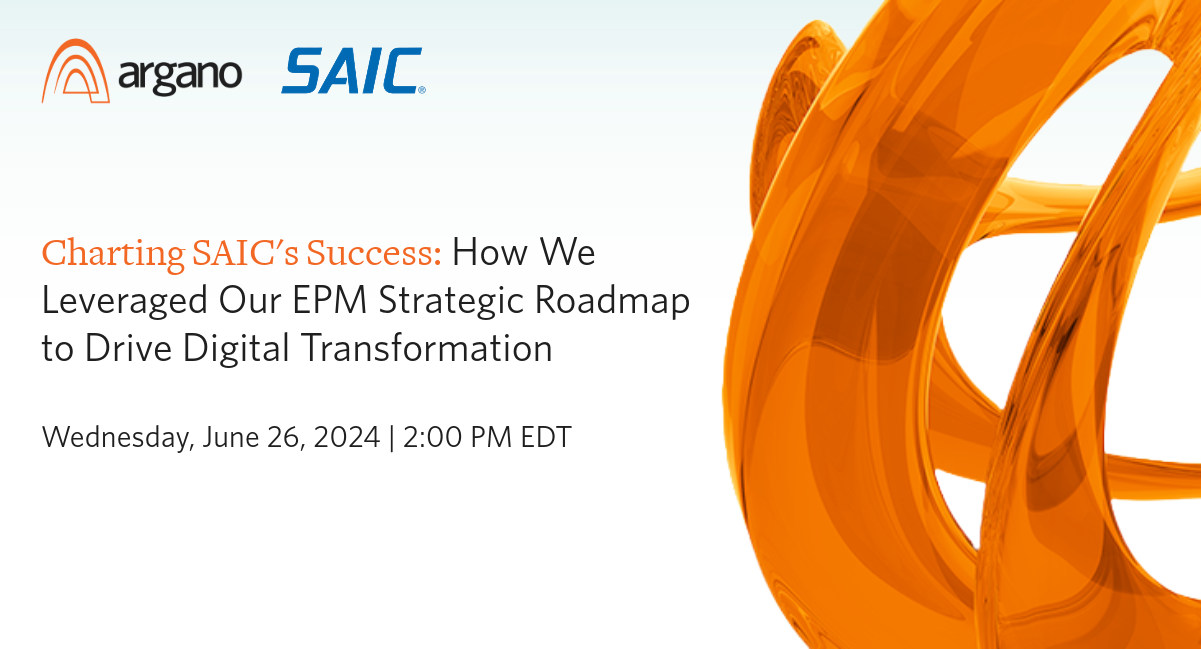In our modern digital age, most people interact with some form of cloud computing daily, especially those who own businesses or run organizations.
Even if we’re just checking our Gmail account or Outlook calendar, we’re logging into the cloud remotely, as that’s where those (and many other) services are hosted.
Much of the common software and programs we use regularly actually resides not on our computers, but in the cloud. We share work files, send and receive emails, and buy and sell all in a cloud environment, where storage and access are practically unlimited.
Technical applications, relational databases, and departmental software are the top three types of applications employed by enterprise systems.
Oracle, a leader in cloud-based technology, is a forerunner in the research and development of these essential cloud-based services, allowing customers around the world to use all types of applications seamlessly and successfully.
In this article, we’ll discuss what Oracle Cloud Infrastructure (OCI) is, how it works, and some of the benefits of adopting it.
What Is Oracle Cloud Infrastructure?
Oracle Cloud Infrastructure is, fundamentally, a hosting service that allows customers to buy the right to access and use their cloud systems and store data, thereby making it easy to access and navigate between various devices.
One familiar example of this would be the video streaming company Netflix.
Netflix contracts with Amazon to upload and store their movies and TV shows on AWS (Amazon Web Services), which provides on-demand cloud computing platforms and APIs, processing capacity, and software tools. Then we, the end-users, log into those platforms to watch our favorite shows on our TVs, laptops, tablets, or phones.
That’s just one example of what a cloud-based hosting system, like Oracle Cloud Infrastructure, can do.
Oracle enables its customers to conveniently host their data, as well as build and operate applications from a cost-effective environment that’s readily available to anyone with a connection to the internet.
It also offers much faster computing capabilities than can be found in most on-site physical systems, massive storage capacities, and the flexibility (and scalability) of a virtual network.
And all accessible from your office, workstation, home, or favorite coffee shop.
Oracle Cloud Infrastructure can play a key role in business process optimization and provides developers and IT professionals with a host of options when it comes to operating existing systems and developing cloud-based applications.
It’s little wonder, then, that Oracle has over 70 million users and 33 billion transactions daily, and is used by more than 54,000 devices worldwide.
How Does Oracle Cloud Infrastructure Work?
Oracle Cloud Infrastructure gives you remote access and control of a physical machine. This machine is often referred to as “bare metal.”
Bare metal compute* instances operate directly from the bare metal machine, without the need for a hypervisor (i.e., a virtual machine monitor, or VMM). This allows the user (you) to maintain exclusive control over the physical CPU, the NIC (network interface card), and memory.
(*In programming, “compute” is a term referring to the processing power, memory, networking, storage, and other resources required for any program’s successful operation.)
Users can access and use all of the capabilities of their remote machine just as if the hardware were sitting on their own desks. Each of these physical machines is designated to a specific user, and not accessible by or available to any other Oracle clients.
OCI’s bare-metal instances, with 51.2 TB of NVMe solid-state storage, can handle millions of read and write transactions every second. These much faster performance results equate to greater efficiency and productivity for the end user.
What Are the Benefits of Oracle Cloud Infrastructure?
While Oracle Cloud Infrastructure supports compute and data storage, it doesn’t stop there. Numerous technologies are supported, including networking, data security, database management and support, performance analytics, and big data (high volume, high velocity, and extensive variety data sets, also known as the Three Vs).
Oracle Cloud Infrastructure’s Applications Manager provides monitoring abilities that offer the end user important insights into the computing capabilities available to them.
This includes:
- Real-time monitoring of your computing elements
- Fast error resolutions
- Monitoring the CPU and memory usage, as well as boot volumes
- Evaluating/troubleshooting for maximum network efficiency
- Efficiently tracking block volumes
- Reports
Oracle uses RESTful (Representational State Transfer) APIs (with HTTPS) in their cloud infrastructure to send requests and responses.
With Oracle Cloud Infrastructure, you not only develop and test your own applications on the virtual machines, but also load them onto dedicated physical hosts, or vice versa.
Oracle API Management even streamlines the development of application programming interfaces (APIs) for you. OCI is designed to take persistent high-performance applications in stride, from stateful database connections or raw CPU or GPU processing to millions of storage IOPS, and GB/s of throughput.
Oracle Cloud Infrastructure also offers state-of-the-art security via tiered defenses and highly secure operations, spanning from the data center’s physical hardware to the web layer. These are in addition to the data protections already available in Oracle Cloud.
From mom and& pop shops to global corporations, today’s businesses are driven by data.
Whether you’re researching years of healthcare data to eradicate a disease, building the latest and greatest gaming app, or managing thousands of online customers, anything that increases efficiency and productivity is good.
Oracle offers a host of integrated cloud applications, including IaaS, PaaS, and SaaS, that provide not only storage and computing, but analytics, networking, and security, all scalable to your needs, no matter the size of your business.
Oracle Integration Cloud, for example, connects your on-site applications and systems with third-party enterprise software and other cloud-based programs, while Oracle Analytics Cloud analyzes and presents your business data in a way that enables you to act on insights quickly. Oracle Transportation Management is an industry-leading transportation management system.
Oracle also offers solutions for data management. Oracle Database is an Oracle solution that manages data retention and retrieval, allowing businesses to manage and process data across networks securely, while Oracle Essbase is a multidimensional data management tool that supports forecasting, root-cause analysis, and variance analysis, among other capabilities. Operating on six continents, Oracle Cloud Infrastructure is available practically everywhere, making it accessible from almost any location in the world. There are many Oracle certifications available for professionals to master and prove their expertise in the various Oracle offerings.






